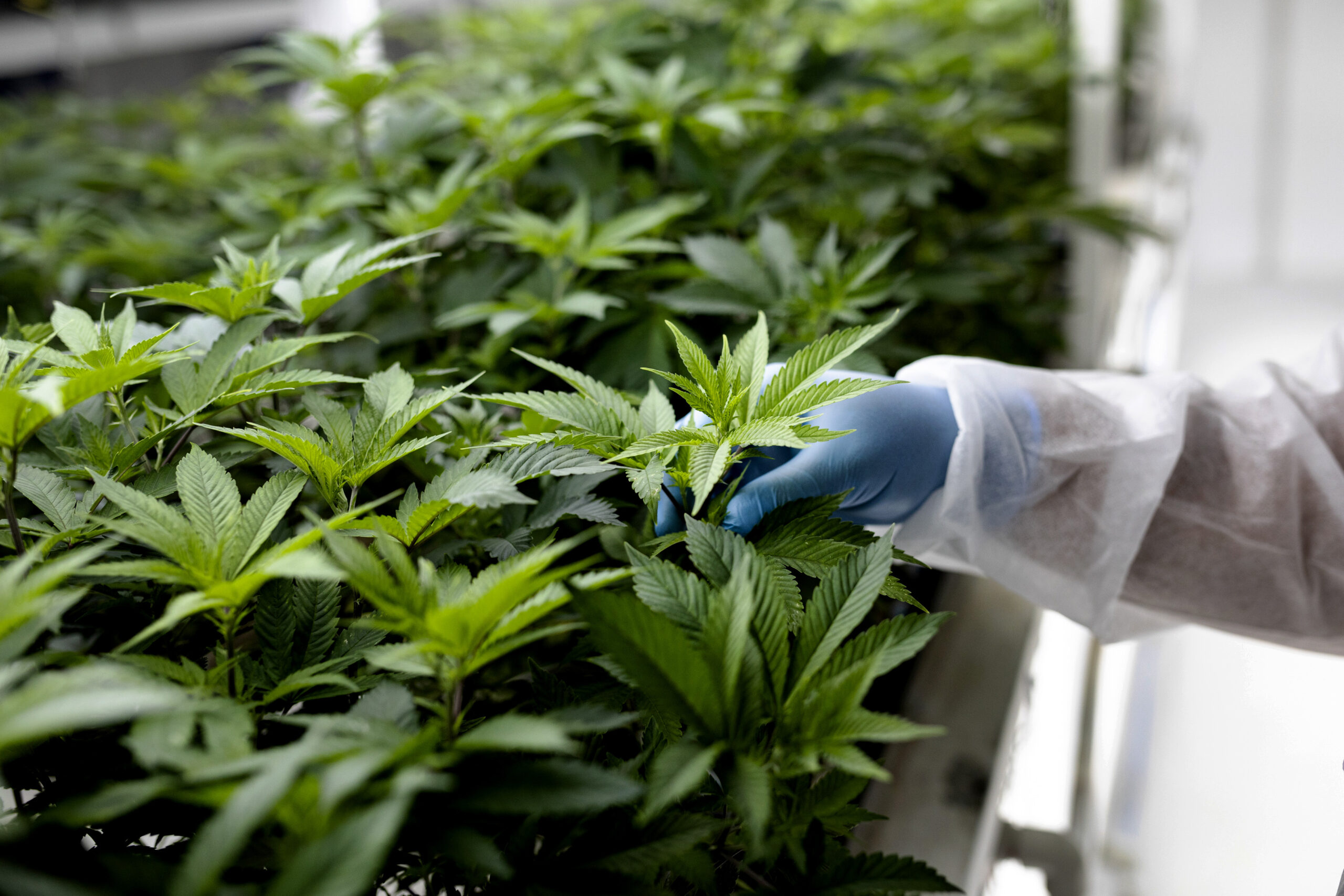The cannabis industry has soared since states began legalizing recreational use of the drug. In the beginning, however, it seemed like the future of the industry would be heavily saturated by white men. Black women caught wind and quickly worked to make a change in that sector.
As with almost any industry, the journey for Black women to break through hasn’t been easy. There have certainly been hurdles, but with perseverance and a commitment to equity, they are carving out space and reshaping the narrative.
A Shift in Leadership and Ownership
According to a report by MJBizDaily, the percentage of women and minorities in executive positions within the cannabis industry has seen fluctuations. Now it has rebounded to pre-pandemic levels. In 2023, women comprised 39 percent of marijuana executives, with racial minorities making up 24 percent. The story diverges when we examine ownership, however. While nonwhite ownership of cannabis businesses has seen an uptick, rising to almost 19 percent, women ownership experienced a decline to 16 percent.
Despite the strides made, Black women entrepreneurs continue to face a variety of challenges in navigating the cannabis landscape. From regulatory complexities to capital constraints, the path to ownership and leadership remains littered with obstacles.
Precious Osagie-Erese, CEO and Founder of PRECIOUS Canna Co. went through her own struggles breaking into the industry.
“Systemically, this is an industry built on the disenfranchisement of Black and Brown people. Then to top it off, an industry is created that has intense barriers that keep us out,” she explained to 21Ninety. “I’ve been navigating the barriers since the beginning of 2018, I now know the game, and now I’m off to the races to create space!”
Tati Lofton, Managing Director of Cannaboy Treehouse, shared a similar sentiment as her family came together to open a dispensary and face their own challenges.
“Things were never as they seemed,” she explained. “Keeping an unwavering focus on the goal and receiving continuous support from so many, kept us levelheaded and determined to cross the finish line”
These challenges underscore the importance of targeted support and initiatives aimed at fostering inclusivity and dismantling systemic barriers.
Creating Opportunities for Black Women in Cannabis
In response to these challenges, initiatives such as the Minnesota Association for Black Cannabis Professionals have emerged, advocating for equitable access and resources. Through leveraging legal expertise and community networks, Black women entrepreneurs are amplifying their voices and driving meaningful change. Such grassroots efforts exemplify the resilience and determination of Black women in carving out spaces of empowerment and opportunity within the cannabis industry.
In New York, efforts are underway to support Black women entrepreneurs in the cannabis space. Housing Works, a decades-old HIV-AIDS charity and New York State’s first legal cannabis retailer, has launched the Cannabis Adult Use Retail Dispensary (CAURD) Community Initiative. This program is specifically designed to guide licensees, including Black women entrepreneurs, through the complexities of opening and operating cannabis dispensaries
Looking Forward
As the cannabis industry continues to evolve, the narrative is shifting towards inclusivity and equity. There is a growing recognition of the need for policy reform to ensure equitable participation and representation. Black women entrepreneurs are not just navigating challenges. They are rewriting the script, carving out spaces of empowerment and opportunity. However, collective action is imperative to ensure sustained progress.
“My hope is for Black women to unapologetically see ourselves reflected in this industry,” Osagie-Erese remarked. “We are multifaceted. We build, we nurture, we create, we give, we do so many things that have an intersection with cannabis.”
Advocacy efforts aimed at addressing regulatory hurdles and fostering access to capital are pivotal in leveling the playing field. By amplifying voices and advocating for equitable policies, a path can be paved for a more inclusive cannabis industry. The hope is to curate an industry where Black women’s contributions are celebrated.
“We deserve a place to always feel supported, understood and heard,” Lofton shared. “Three things we don’t always have the pleasure of having on the day to day.”
